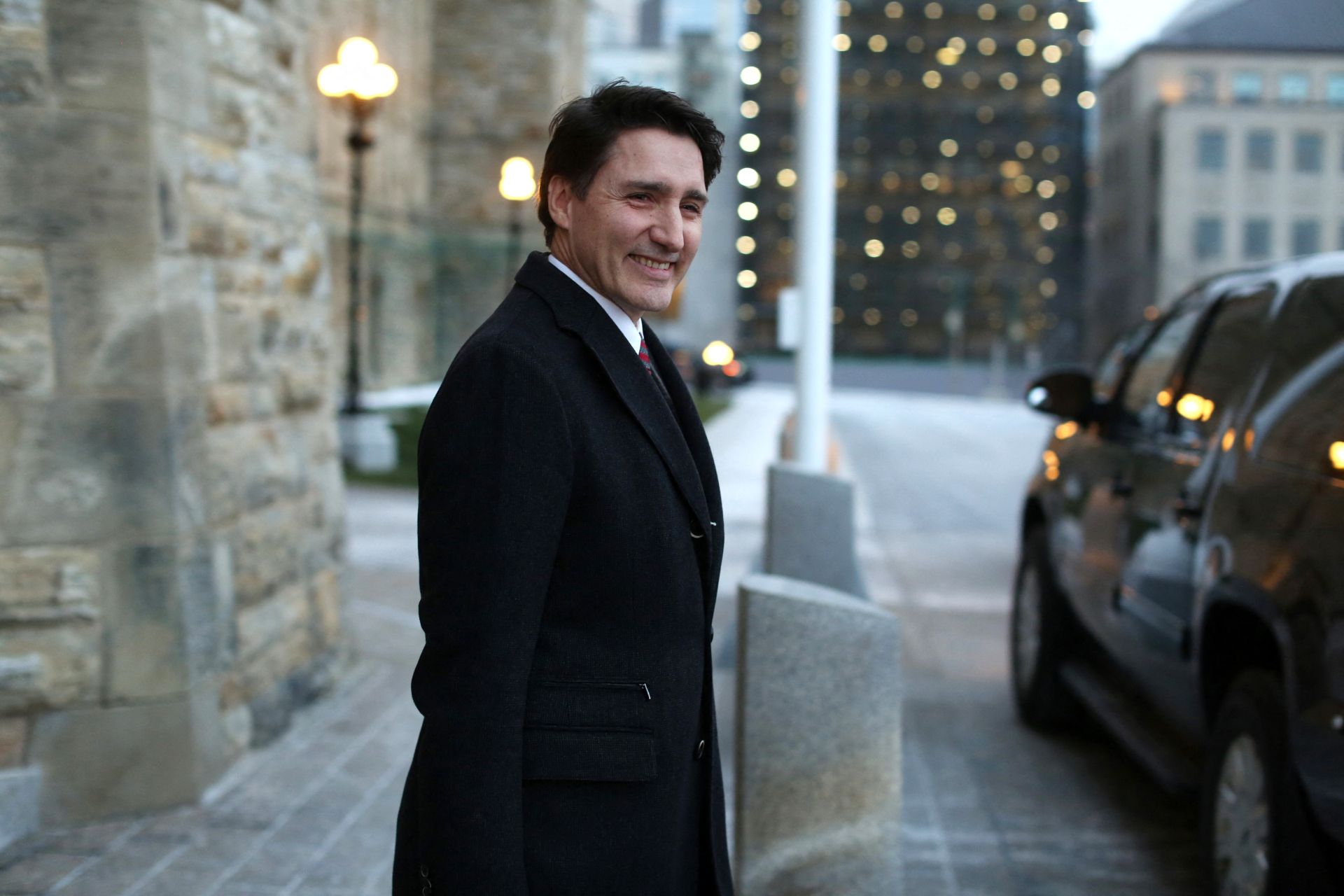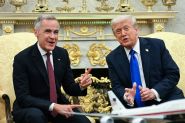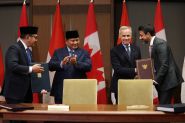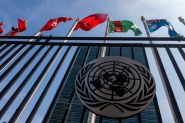- Home
- Middle East
- Justin Trudeau Resigns as Prime Minister, Cites Internal Divisions and Poll Slump

Canada's Prime Minister Justin Trudeau leaves Parliament Hill after attending a cabinet meeting in Ottawa on December 20, 2024. ©Dave Chan / AFP
Canada's Prime Minister Justin Trudeau announced his resignation on Monday, stating he would step down once the ruling Liberal Party elects a new leader, following months of declining poll numbers and internal divisions.
"I intend to resign as party leader and as prime minister after the party selects its next leader," Trudeau, who has been in power since 2015, told reporters in Ottawa. His resignation comes after a prolonged political crisis that saw senior Liberal allies urging him to step down.
It was not immediately clear how long Trudeau would remain in office as a caretaker prime minister.
He added that the Liberal leadership race would be "a robust, nationwide competitive process."
This means Trudeau will continue to lead Canada during the initial period of US President-elect Donald Trump's administration, including overseeing the country's response to potential challenges, such as a trade war.
Trump has vowed to impose a 25 percent tariff on all Canadian imports, which could severely impact the Canadian economy, and Trudeau has pledged to retaliate.
Trudeau's support within the Liberal Party had been faltering throughout much of last year, but it sank to new lows after the surprise resignation of his former finance minister and deputy prime minister, Chrystia Freeland, in December.
In a scathing resignation letter, Freeland accused Trudeau of prioritizing political gimmicks to win over voters — such as a costly Christmas tax holiday — rather than addressing Canada's fiscal stability ahead of Trump's promised tariffs.
Canadian media have suggested Freeland as a potential contender to take over the Liberal Party, along with former Bank of England governor Mark Carney, a Canadian who also led the Bank of Canada.
Lori Turnbull, a political science professor at Dalhousie University, noted that traditionally, a Liberal leadership race takes four to six months, but this time "they’ve got to be quicker than that."
"If they don’t have a new leader in place for the next election, then there’s no point," she told AFP.
Trudeau's Liberals have been trailing badly in the polls, with the opposition Conservatives in the lead. The government narrowly survived three non-confidence votes in parliament late last year.
Trudeau’s minority government had been propped up by an agreement with the left-wing New Democratic Party (NDP), but in December, the NDP announced they would vote to topple Trudeau at the next opportunity.
Trudeau confirmed that he had received permission from Canada's governor general to suspend all parliamentary business until March 24.
This could give the Liberals time to select a new leader while limiting the opposition’s chances of forcing a vote of no confidence.
With AFP
Read more



Comments